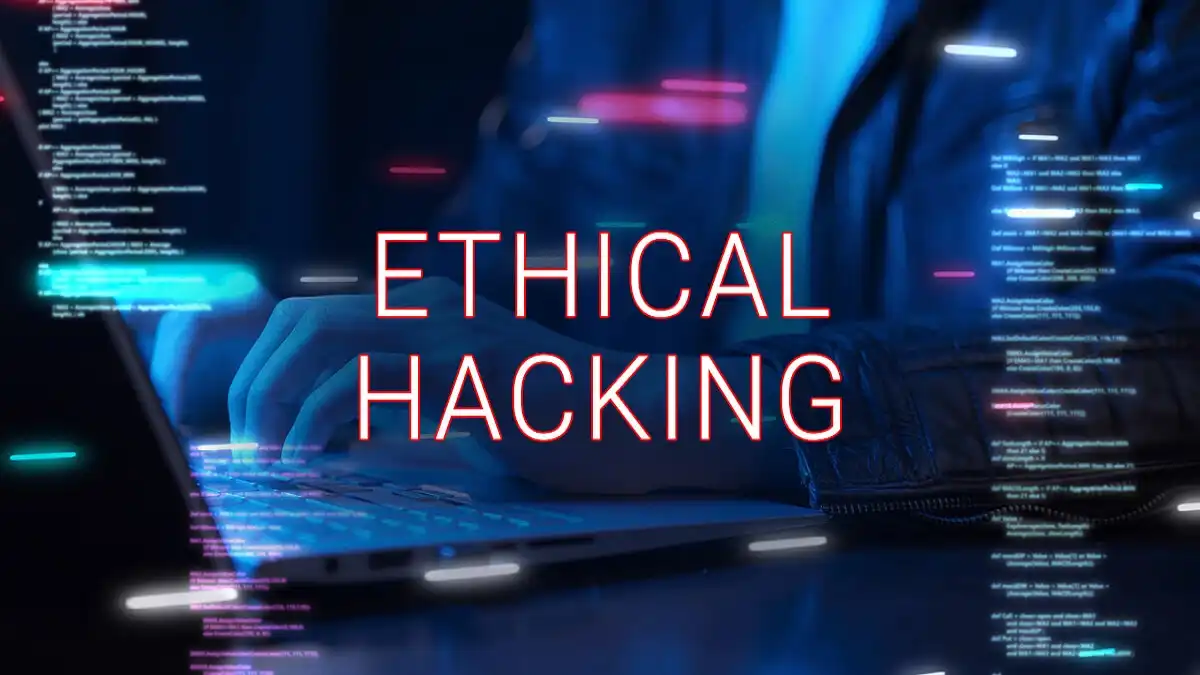An authorized attempt to obtain unauthorized access to a computer system, application, or data is known as ethical hacking. Replicating the tactics and behaviors of malevolent attackers is a necessary part of carrying out an ethical hack. By doing this, security flaws can be found and fixed before a malicious attacker has a chance to take advantage of them.
Table of Contents
Who is an Ethical Hacker?
These security evaluations are carried out by ethical hackers, also referred to as “white hats” or security specialists. Their proactive efforts contribute to strengthening an organization’s security posture. An ethical hacker’s goal is to obtain permission from the organization or the owner of the IT asset before carrying out a malicious hack.
What are the Key Concepts of Ethical Hacking?
Hacking professionals adhere to four main protocol principles:
- Stay Legal: Prior to accessing and completing a security evaluation, get the appropriate approval.
- Describe the extent: Establish the parameters of the evaluation to ensure that the work of the ethical hacker stays within the authorized bounds of the organization and is lawful.
- Report vulnerabilities: Report any vulnerabilities found during the evaluation to the organization. Give suggestions on how to fix these vulnerabilities through remediation.
- Be mindful of the sensitivity of the data: In addition to any other terms and conditions mandated by the evaluated organization, ethical hackers might need to sign a non-disclosure agreement depending on how sensitive the data is.
How are Ethical Hackers Different from Malicious Hackers?
Ethical hackers apply their expertise to safeguard and advance an organization’s technological infrastructure. They offer these companies a vital service by searching for weak points that could result in a security breach.
The organization is notified of the vulnerabilities found by an ethical hacker. They also offer guidance on remediation. To make sure the vulnerabilities are completely fixed, the ethical hacker frequently retests with permission from the organization.
The goal of malicious hackers is to obtain unauthorized access to a resource—the more sensitive the better—in order to profit financially or earn notoriety. Some malevolent hackers cause financial loss, reputational harm, or amusement by vandalizing websites or crashing backend servers. The techniques employed and the weaknesses discovered are yet undisclosed. Improving the security posture of the organization is not a concern for them.
What Skills and Certifications Should an Ethical Hacker Obtain?

An ethical hacker should have a wide range of computer skills. They often specialize, becoming subject matter experts (SMEs) in a particular area within the ethical hacking domain.
All ethical hackers should have the following:
- Expertise in scripting languages.
- Proficiency in operating systems.
- A thorough knowledge of networking.
- A solid foundation in the principles of information security.
Some of the most well-known and acquired certifications include:
- EC Council: Certified Ethical Hacking Certification
- Offensive Security Certified Professional (OSCP) Certification
- CompTIA Security+
- Cisco’s CCNA Security
- SANS GIAC
What Problems Does Hacking Identify?

Ethical hacking seeks to imitate an attacker while evaluating the security of an organization’s IT asset or assets. They search for ways to attack the target while doing this. The first objective is to conduct reconnaissance and gather as much data as you can.
Ethical hackers use the information they have gathered to search for weaknesses in the asset. They use both automatic and manual testing to carry out this evaluation. Complex countermeasure technologies exist for even the most advanced systems, and they could be vulnerable.
They go beyond simply identifying weak points. In order to demonstrate how a malicious attacker could take advantage of a vulnerability, ethical hackers use exploits against it.
The following are some of the most frequent vulnerabilities found by ethical hackers:
- Injection attacks
- Broken authentication
- Security misconfigurations
- Use of components with known vulnerabilities
- Sensitive data exposure
Following the testing phase, ethical hackers create a thorough report. This article contains instructions on how to exploit vulnerabilities that have been found, as well as how to fix or mitigate them.
What are Some Limitations of Ethical Hacking?

- Restricted range: An assault by ethical hackers cannot be successful if it goes beyond a certain point. Talking with the organization about potential out-of-scope attacks is appropriate, though.
- Limitations on resources: When it comes to time restrictions, malicious hackers are not like ethical hackers. Budget and processing power are two more limitations faced by ethical hackers.
- Limited techniques: Certain organizations request that specialists steer clear of test cases (such as Denial of Service (DoS) assaults) that cause servers to crash.
Final Words
Nowadays, a lot of firms are becoming more and more interested in the emerging topic of cybersecurity. Since malevolent hackers are always coming up with new ways to get past network defenses, ethical hackers are becoming more and more crucial in every industry. It has spawned a wealth of career prospects for cybersecurity experts and encouraged others to pursue ethical hacking. Therefore, now is the ideal moment to explore your options for entering the cybersecurity field or even just for upskilling. Read a similar article on technology here: Artificial Intelligence: Its Impact on Our Lives
